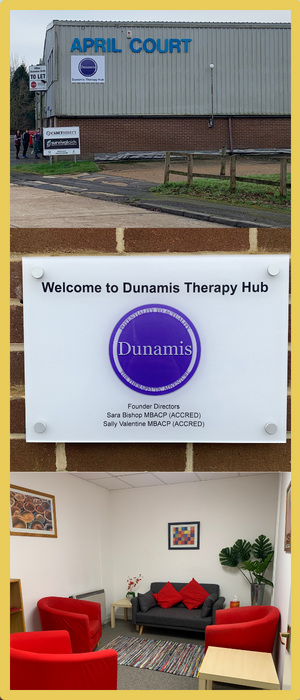Attention Deficit disorder (ADD) and Attention Deficit Hyperactivity Disorder (ADHD) are complex neurodevelopmental disorders. They are impairments of the brains’ self-management system which is responsible for executive functioning. This means that a person with ADD / ADHD will have difficulty with organisational skills, completion of tasks and will get bored very quickly.
If you or someone close to you has received this diagnosis then you may be feeling confused about what this means and how it may impact on you or your family.
The difference between ADD and ADHD is that ADD (sometimes referred to as inattentive ADD) does not have the Hyperactivity component to it. Sometimes a child or adult is misdiagnosed as it is commonly thought that if a person is not hyperactive then ADHD is not present. This is not true.
ADD/ADHD is characterised by many symptoms. These symptoms vary from person to person.
Example of symptoms (This list is merely the most common core symptoms please be aware there are can be others as well as co-existing mental health issues);
- Impulsivity
- Lack of concentration
- Hyperactivity
- Fidgeting
- Distracted and distracting
- Lack of attention to detail
- Unable to follow instructions
- Hyperarousal.
It is important to seek a professional diagnosis if you suspect you or someone close to you may have ADD/ADHD. This is particularly important for children. If a child goes undiagnosed the difficulties for them can be many. Often as they get bored and cannot concentrate then they get behind in their learning and then misbehave in class. Friendships can be difficult for them so the social aspect becomes difficult.
It is not all negative there are many famous people diagnosed with ADD/ADHD! Examples include Justin Bieber, David Blaine, Richard Branson, and Woody Harrelson (according to Adult Attention Deficit Disorder Centre of Maryland)
Quick Look
ADD/ADHD is a neurodevelopment disorder. It can impact on families and relationships. Not everyone diagnosed has the hyperactivity component. There are many symptoms, everyone is unique.
GET SUPPORT – for example https://www.adhdfoundation.org.uk/


